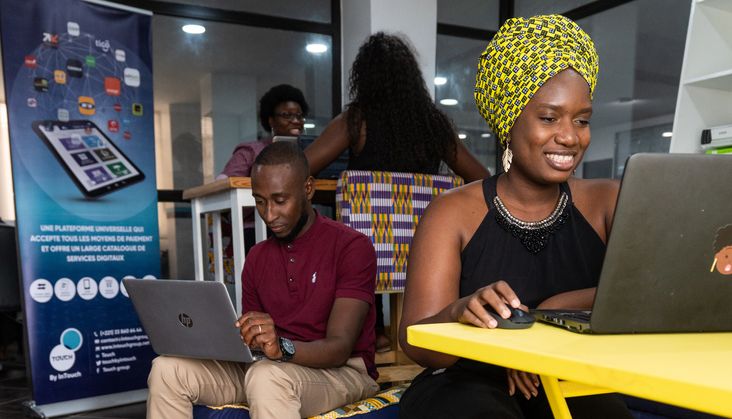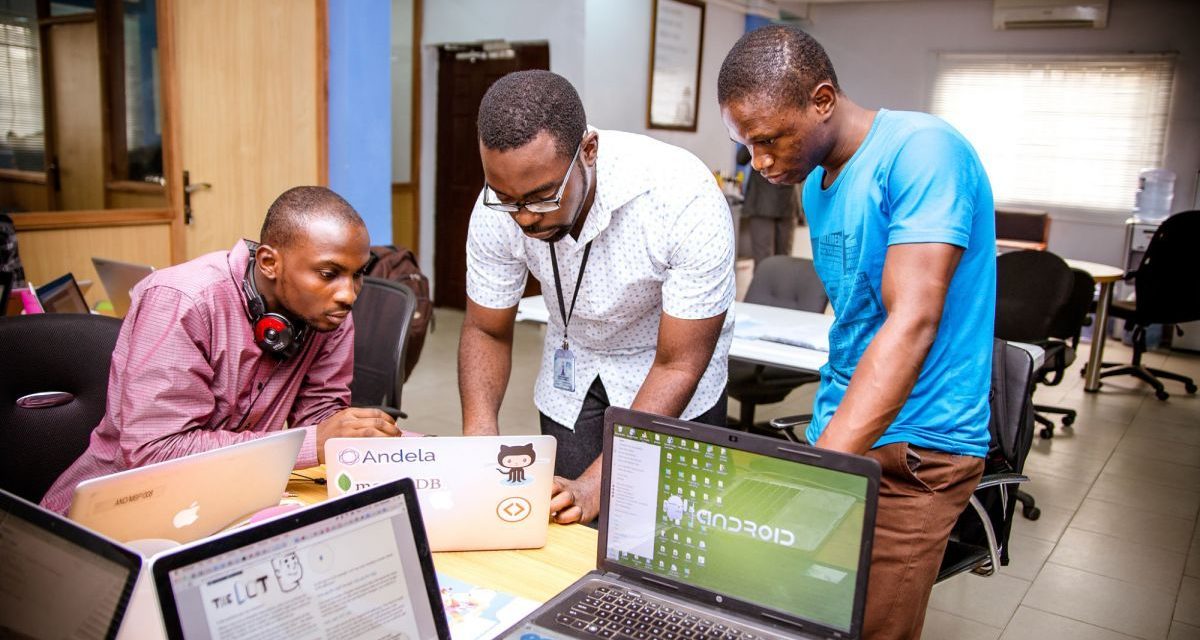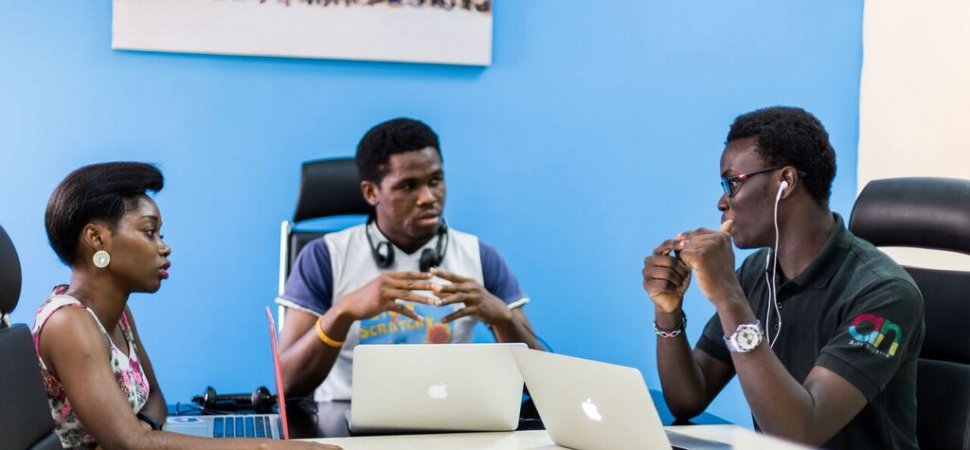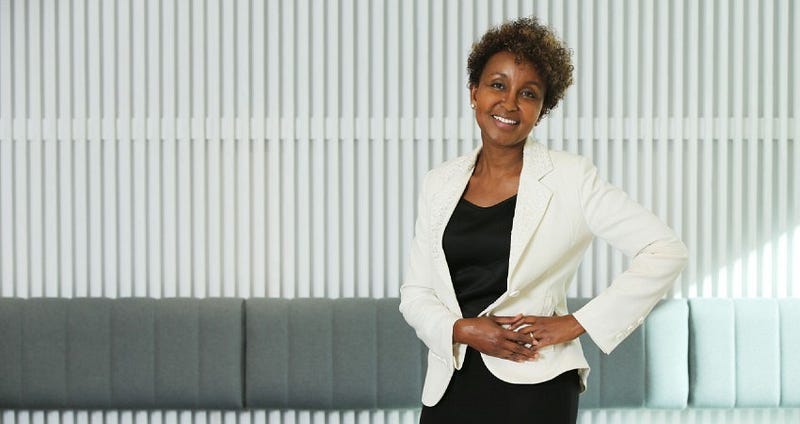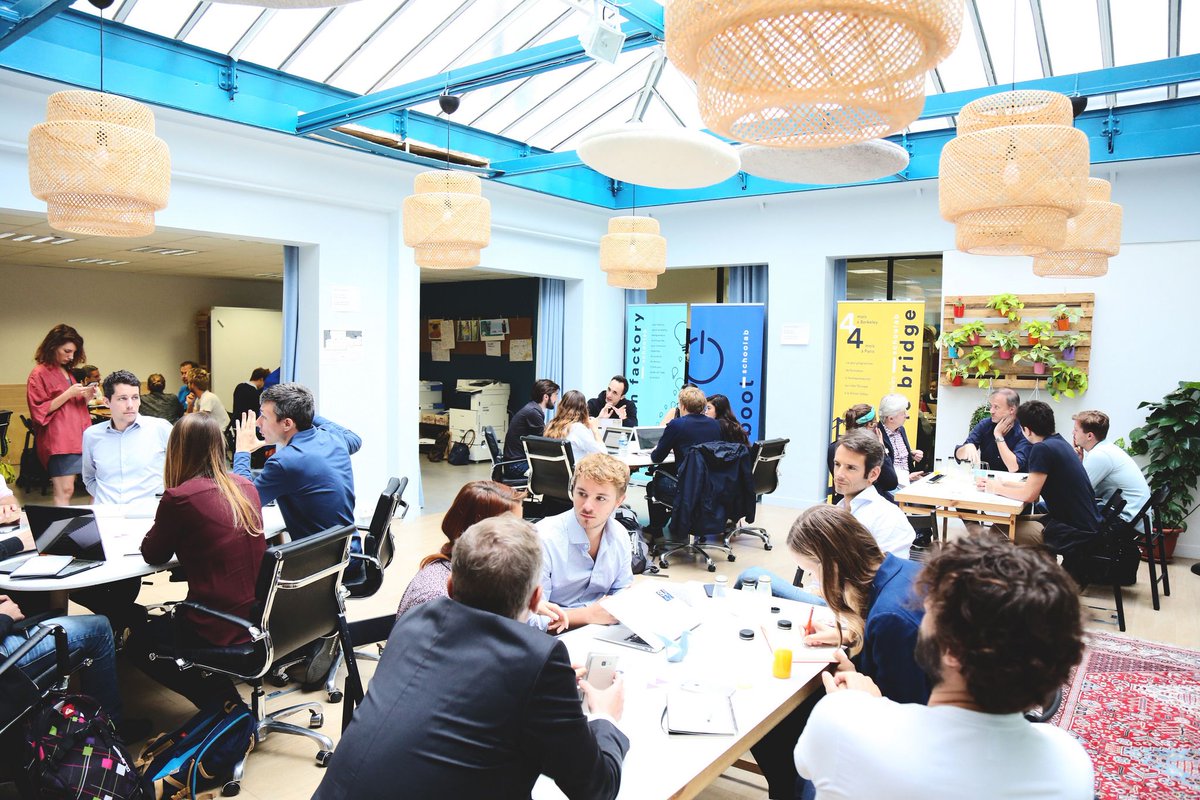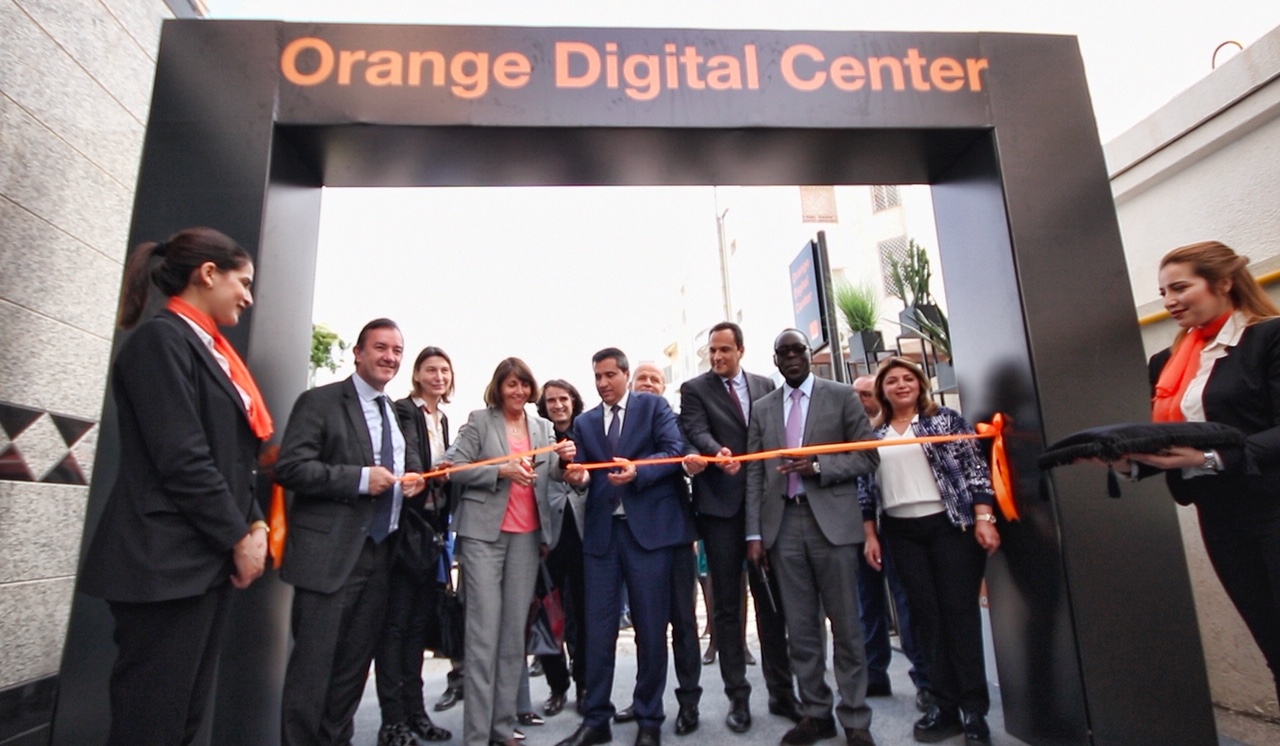France’s $152m Fund For African Startups Under Severe Crisis, Could Disappear Today
In October 2020, Digital Africa Venture Capital Fund, a venture capital fund set up for African startups made up of about 20 fund managers who are members of the Digital Africa Investment Club, announced it had increased its fund size from $76 million to $152 million. However, barring any last minute changes, the fund sponsored by French President Emmanuel Macron could end today, February 18, according to reports by online media publication Jeune Afrique. The Board of Directors of the association is expected to meet in an extraordinary general meeting from today for the purpose of its dissolution, the source said.

A Struggle For Funds Between English-speaking And French-speaking Startup Ecosystems?
According to the source, problem started as a result of rivalries between members of the structure. One of the reasons for the discord, it said, is the direction of funds under the arrangement, as the new interim presidency has shifted to On-Sloane, a large investment fund based in Johannesburg, South Africa. This move, the source said, must not have appealed to the French-speaking members who risk seeing priority given to startups of South African or even Nigerian origin.
Read also:UAE Project Invites African Prop-Tech Startups to Apply for its Scale-up Programme
No matter the turn the story takes, a fact has been established: that Digital Africa may not remain the same again. Rebecca Enonchong, a Cameroonian tech entrepreneur, tells the story further via her Twitter handle.
Read also: Digital Africa Secures $152 Million For Investment In African Startups
A Look At The Digital Africa Venture Capital Fund
Set up late 2019, the Digital Africa Venture Capital Fund aims to provide initial funding to Africa’s digital startups. Between 10 to 20 fund managers are members of the Digital Africa Investment Club.
The fund targets digital startups directly via 4 programs managed by Greentec Africa Foundation, African Business Angel Network, Investisseurs & Partenaires and MercyCorps Ventures.
The fund also targets incubators and accelerators via 2 programs managed by Bond’Innov and AfriLabs.
The fund is led by South African Kizito Okechukwu who is its Vice-President, and current interim president, after the resignation last July of Franco-Senegalese-Malian, Karim Sy, who is the founder of Jokkolabs.
Read also:Why Broadband is Critical to the Success of Small Businesses
While it lasted, Digital Africa had a bright future to support Emmanuel Macron’s new-deal project for Africa’s digital economy. The French Development Agency (AFD), which is a member of it, even managed to mobilize some 130 million euros for equity investments in African startups.
Charles Rapulu Udoh

Charles Rapulu Udoh is a Lagos-based lawyer who has advised startups across Africa on issues such as startup funding (Venture Capital, Debt financing, private equity, angel investing etc), taxation, strategies, etc. He also has special focus on the protection of business or brands’ intellectual property rights ( such as trademark, patent or design) across Africa and other foreign jurisdictions.
He is well versed on issues of ESG (sustainability), media and entertainment law, corporate finance and governance.
He is also an award-winning writer

